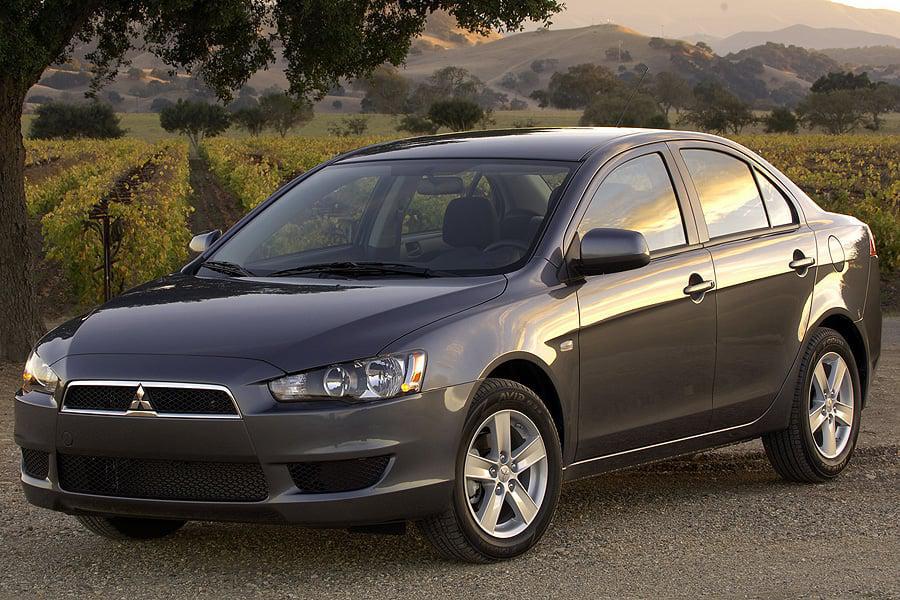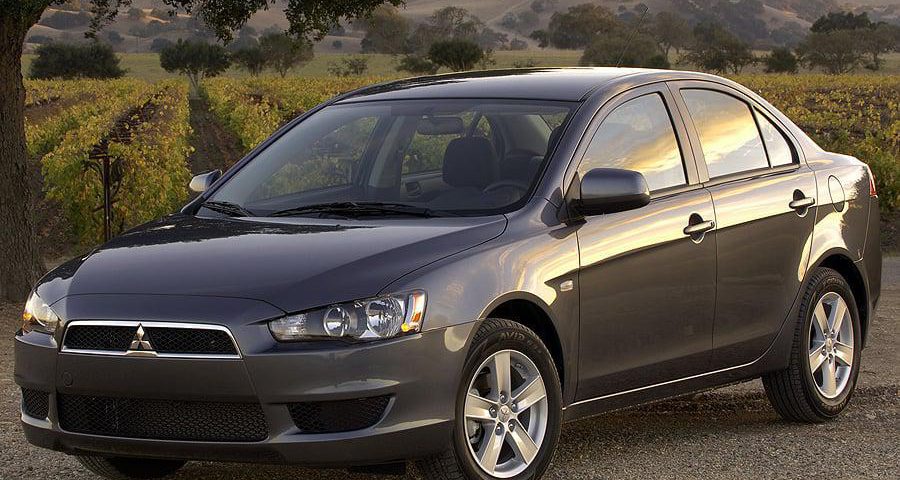
Jack C. Taylor, founder of rental-car giant Enterprise, dies at 94
The inwards track on Washington politics.
*Invalid email address
Jack C. Taylor named Enterprise Holdings, one of the world’s largest rental-car companies, for the aircraft carrier on which he was stationed during World War II. (Enterprise Holdings)
Jack C. Taylor, who grew a seven-car leasing business into Enterprise Holdings, a rental giant that boasts the world’s largest car and truck fleet, died July two at his home in Ladue, Mo., just outside of St. Louis. He was 94.
Enterprise announced his death but did not specify the cause.
Mr. Taylor had flown F6F Hellcat fighter planes in the Pacific during World War II, landing on aircraft carriers such as the U.S.S. Enterprise, before returning to St. Louis to sell Cadillacs during the postwar boom.
He was promoted to manager, but Mr. Taylor had few ambitions in business until, at 35, he began to notice that cars leased by a Greyhound bus subsidiary in Chicago were making their way into town.
Leasing — which offers businesses and consumers smaller down-payments and the chance to switch vehicles every few years — was still novel in the 1950s, and Mr. Taylor eyed an chance to corner the market in St. Louis.
His boss, dealership proprietor Arthur Lindburg, agreed with him, and in one thousand nine hundred fifty seven Mr. Taylor took a fifty percent pay cut and invested $25,000 of his own money to found Executive Leasing in the lower level of Lindburg Cadillac. He began with seven cars and a one-quarter share in the business.
By the time of his death, Mr. Taylor and his family managed a fleet of more than 1.7 million cars — the largest in the world, Enterprise claims — and an estimated eighty eight percent of the private company.
Driven by its car and truck rentals, Enterprise employs 91,000 people in more than 9,000 locations around the world. The company said it earned $Nineteen.Four billion in revenue in 2015, more than dual that of its two chief competitors, Hertz and Avis, and in the past four years it has expanded across China, Europe and Latin America. The company’s retail division makes it perhaps the largest buyer and seller of cars and trucks in the world.
The company found success with some hesitation, suggesting rentals in the early 1960s only after customers began asking for cars to use while they waited for repairs. Mr. Taylor began with a puny fleet, or perhaps a flotilla, of seventeen Chevrolets, charging $Five a day and five cents a mile.
Recognizing that the company was too petite to rival with Hertz and Avis at airports, Mr. Taylor chose to concentrate his rental business on local drivers instead of business travelers. He and an ambitious youthfull manager, Don Holtzman, developed relationships with auto insurance adjusters so that when drivers’ cars were stolen, adjusters steered them toward Executive Leasing.
When courts ruled in the early 1970s that insurance companies were liable for motorists’ economic losses due to being without a car, Forbes magazine explained in 1990, “the insurers determined to provide reasonably priced rental cars, and Enterprise’s rental business took off.”
The company was renamed Enterprise in 1969, in honor of the aircraft carrier Mr. Taylor served on in wartime, and later took the name Enterprise Rent-A-Car in response to the growth of its rental business.
The company reshaped the rental market with its concentrate on opening locations in urban neighborhoods rather than at airports and with its signature suggest, “We’ll pick you up.” The practice began in the early 1970s, when an Orlando manager began suggesting customers free rails to the rental office.
Early on, Mr. Taylor emphasized customer service and equitable compensation. He set up a “customer giveaway account” to permit managers to cut prices to please grumpy clients and instituted a promotion system that encouraged accountability from the company’s youthful hires. Enterprise is one of the largest employers of fresh college graduates in the country, hiring about 8,000 each year.
“Take care of your customers and your employees very first,” Mr. Taylor liked to say, in what became a kind of corporate credo at Enterprise, “and the profits will go after.”
The company expanded abroad in 1993, opening a location in Windsor, Ontario, and ultimately moved into the airport market two years later with a location at Denver International Airport. By 2001, it was opening an average of one fresh office every business day.
Its expansion into airports was furthered by the acquisition of Alamo Rent A Car and National Car Rental, which were wielded by private-equity-controlled Vanguard Car Rental Group, in 2007. The purchase expanded Enterprise’s car fleet by forty two percent. The company renamed itself Enterprise Holdings two years later.
Jack Crawford Taylor was born in St. Louis on April 14, 1922, and he grew up in the neighboring town of Clayton, where Enterprise is based. A lackluster student, he attended Westminster College in Fulton, Mo., and then Washington University in St. Louis before enlisting in the Navy following the Japanese attack on Pearl Harbor in December 1941. “The war,” he later joked, “saved me from further educational activities.”
He operated Enterprise as a family business. A late brother, Paul, was a vice president, and in one thousand nine hundred ninety one Mr. Taylor stepped down to permit his son, Andrew C. Taylor, to take over as chief executive. (Andrew Taylor began his Enterprise career washing cars during high-school vacations.) A daughter, Jo Ann Taylor Kindle, is president of the Enterprise Holdings Foundation, the company’s philanthropic affiliate, and a granddaughter, Christine Taylor, was named chief operating officer in February.
Mr. Taylor retired as executive chairman in 2013, succeeded by his son. Pamela Nicholson was named chief executive that same year, becoming the very first person from outside the Taylor family to hold the position.
Marriages to Mary Ann MacCarthy and Susan Orrison ended in divorce. In addition to his son and daughter, both from his marriage to MacCarthy, Mr. Taylor is survived by five granddaughters and three great-granddaughters.
Enterprise made Mr. Taylor one of the wealthiest individuals in the United States, with Forbes magazine estimating his net worth at $Five.Trio billion in its two thousand sixteen list of the world’s billionaires. A philanthropist in later life, Mr. Taylor donated more than $860 million by his company’s count, including to organizations such as Washington University, where he was an emeritus trustee, and the St. Louis Symphony.
In interviews, Mr. Taylor said he never expected Enterprise to take off and — despite his taking a pay cut and investing thousands — was unconcerned during the company’s early years.
“After landing a Hellcat on the pitching deck of a carrier, or watching enemy tracer bullets stream past your canopy,” he once said, “somehow the risk of beginning up my own company didn’t seem all that big a deal.”
